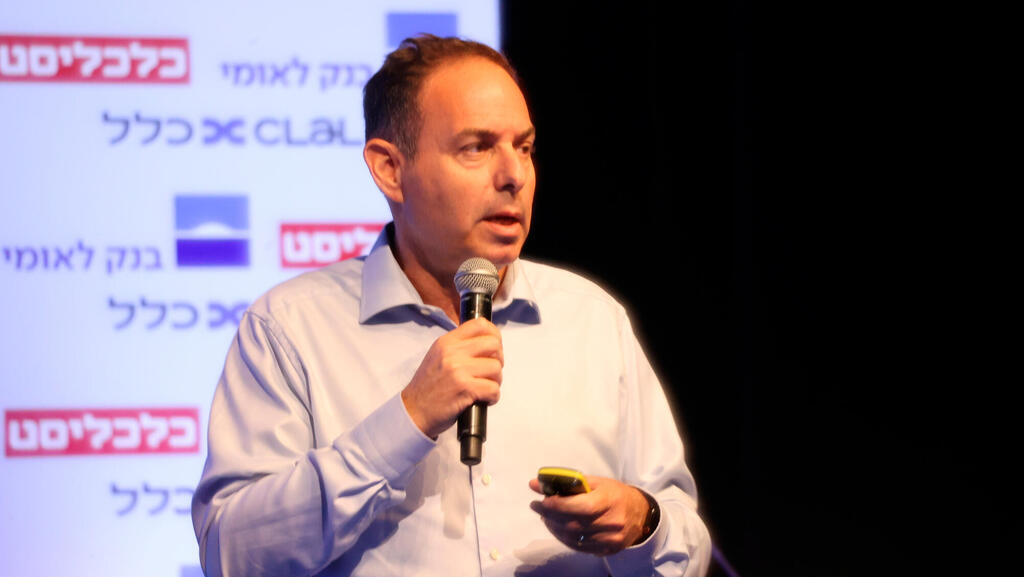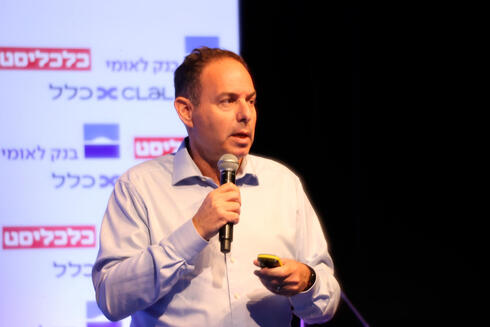
ICL CEO: "Minerals are the strongest currency of the new world"
At the Calcalist and Bank Leumi National Economic Conference, Elad Aharonson presented the importance of the company's activities. According to him, "Whoever controls minerals writes humanity's menu and essentially controls the world."
"Minerals are the strongest currency of the new world," said Elad Aharonson, ICL’s CEO, speaking at the Calcalist and Bank Leumi National Economic Conference. He emphasized the significance of the company's operations, both globally and in terms of its national impact. He stated, "In a world of trade wars, geopolitical tensions, and climate crisis, minerals are the currency of the countries that will shape humanity's future."
According to Aharonson, in a world suffering from increasingly severe resource scarcity, minerals have become the strategic asset of the 21st century. They are the basis for feeding a global population that has quadrupled in the last hundred years - from two billion people to eight billion today, while the amount of agricultural land worldwide has remained almost unchanged.
"Whoever controls minerals writes humanity's menu and essentially controls the world. Hence the importance of minerals," noted Aharonson, adding that according to Bill Gates, two out of every five people on earth owe their lives to fertilizers. He noted that in recent decades, while agricultural land area has barely changed since the 1980s, agricultural output has surged. This is a result of advanced use of mineral-based inputs, which has prevented a global famine.
However, Aharonson pointed out that challenges do exist. Trends of deglobalization and intensifying tensions between nations, place minerals at the heart of countries' national security. Restrictions by China on phosphate exports, or Trump's demand for access to minerals in Ukraine, illustrate the growing competition among countries for control over critical value chains. In addition, there is tension between ensuring food security and preserving the planet, with Brazil clearing forests for agricultural development providing an example. Therefore, a technological race is underway to develop technologies that will enable this balance.
According to Aharonson, "The future lies in managing food security, energy security, and sovereignty over resources - and ICL is at the center of this triangle. It produces critical minerals and products for food security, and leads in technological innovation for advanced, efficient, and sustainable agriculture, while transitioning to renewable energy use through the production of batteries." ICL produces potash, phosphate, magnesium, and bromine, which are used for crop protection and agricultural inputs, the food industry, flame retardants, and the battery industry.
According to the company, its solutions contribute daily to the food security of approximately 400 million people, which is about 5% of the world's population. Furthermore, its contribution to Israel is significant, ranging from a NIS 17.6 billion contribution to the GDP to employing 33,000 workers, 19,000 of whom are in the Negev, making it the largest private employer there.
